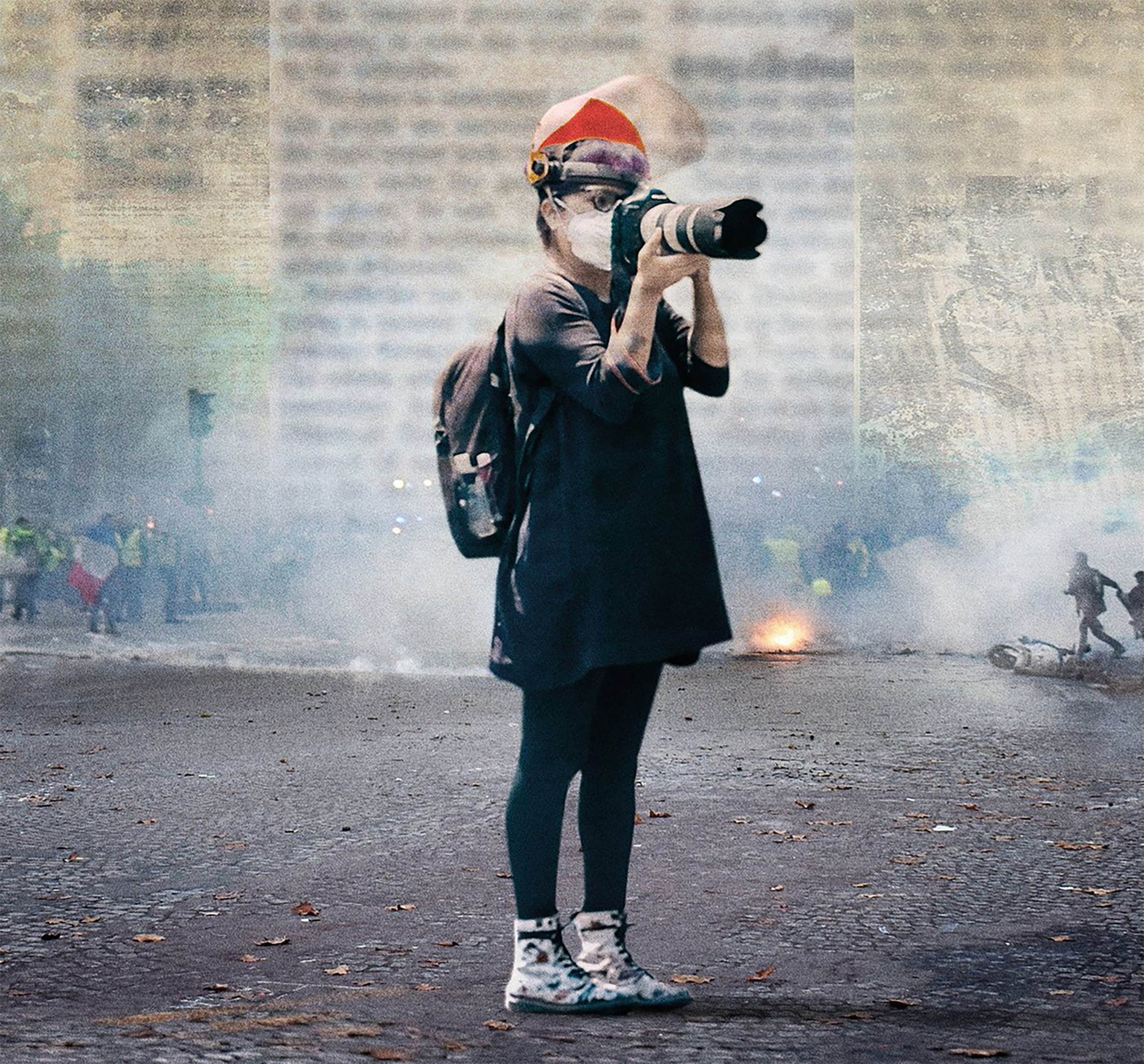
- Industry
Docs: “Endangered” Chronicles Anti-Democratic Targeting of Journalists
An official selection of the 2022 Tribeca Film Festival, where it recently made its world premiere, the new documentary Endangered serves up an engrossing and, in many ways, rather dispiriting look at deliberate and coordinated attacks on the fourth estate, and their relationship to the erosion of public faith and trust which has fed a wave of social disorientation.
Co-directed by Rachel Grady and Heidi Ewing, and executive produced by Ronan Farrow, the film unfolds over the course of one year, and takes as its subjects four journalists living and working in ostensibly democratic countries as they face an array of assaults both on their livelihood in general and, in many instances, via very personal targeting.
Premiering on HBO and currently available to stream worldwide on HBO Max, Endangered places under the microscope a variety of different news beats, but predominantly the COVID pandemic, the 2020 U.S. election, violence against women, and social justice protests in the wake of the murder of George Floyd.
Patrícia Campos Mello works for Folha de São Paulo, where her reporting and columns lead Brazilian President Jair Bolsonaro to not merely attack her publication, but also Mello specifically in very vulgar and defamatory ways, unleashing a mob of deranged supporters against her. (She later wins legal judgments against both Bolsonaro and his son Eduardo.) Carl Juste, a photojournalist for the Miami Herald with nearly three decades of experience, finds his work integral to proving false police statements about their response to protestors.
Sáshenka Gutiérrez, who works for Spain’s EFE News Agency, reports on crime and unrest from Mexico, where 120 journalists have been killed in the last 22 years, with 90 percent of those cases remaining unsolved. Oliver Laughland, who is the United States Southern Bureau Chief for Great Britain’s Guardian, finds himself both struggling to get answers from politicians who no longer feel any accountability (or in many cases basic civility) toward local news gatherers and grappling with the real-world consequences of former American President Donald Trump’s great twin disinformation campaigns.
The film also features snippets from several Zoom board meetings of the Committee to Protect Journalists, a nonprofit organization which is normally tasked with assisting imperiled journalists around the world but finds itself having to pivot more and more to requests for safety training and other help within the United States.
Grady and Ewing, Academy Award nominees for 2006’s illuminating Jesus Camp, very much indulge a fly-on-the-wall approach here. While there are several sit-down chats with the aforementioned journalists, affording them chances for more formal decompression and reflection, a lot of the movie unfolds at a certain emotional remove, simply watching them as they work. Additionally, there are not really any other additional interviewees, unless one counts a 45-second clip with CPJ Executive Director Joel Simon.
This approach has its benefits, certainly, but can also feed the not entirely invalid criticism that Endangered, while interesting for forward-leaning and civic-minded news aficionados, is little more than a glossy, myopic sermon to the choir. Of course, shaping this overall story into a cohesive narrative with a friendly running time (in this case, 89 minutes) is understandably a consideration. But the geographic omissions of the continents of Europe and especially Asia feel somewhat curious for a work of nonfiction advocacy which clearly endorses the quite credible working postulate that press freedom is under attack all over the globe.
Also, while Grady and Ewing, working with editors JD Marlow and Ashley Moradipour, cross-cut between their narratives in a natural way which will hold viewers’ attention, they don’t necessarily endorse or even identify a dominant root cause — and thus certainly not any palliative. Some abuse of the free press, like that from Bolsonaro, is rooted in a cult of personality — odious, would-be autocrats who’ve taken cues, emotionally and even verbally, from fellow bully Trump. But there are other causes and factors for both its opportunistic targeting and economic decline, too, including cratering modes of distribution. While the movie touches on this, mostly in the form of fleeting reference to so-called “local news deserts,” it doesn’t quite fully connect the dots in a manner that would be most meaningful to laypersons.
In this regard, Endangered feels a bit like a missed opportunity to deliver its entreaty to a broader audience. At least two of the movie’s subjects have a familial connection to their profession, which is shown to further inform their sense of calling. While that’s certainly nice, a smartly wound complementary thread perhaps could have showcased some of the overall societal benefits of checked governmental and corporate authority, and just a more robustly informed populace. A greater understanding and embrace of that essential reality is foundational to democracy’s continued survival.

